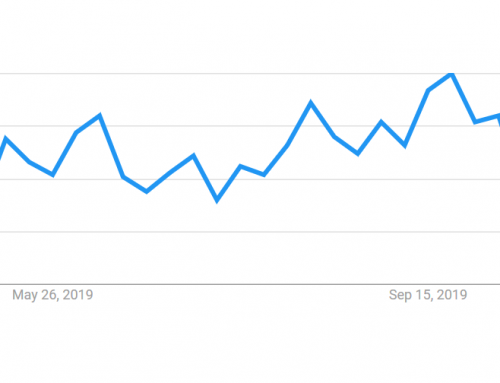Providing an exceptional customer experience is important for businesses to succeed, and this is especially true for multi-stakeholder environments, like airports, where multiple entities work together to serve a diverse customer base. Marketing analytics is necessary for understanding customer needs, preferences, and behaviors, allowing organizations to optimize their strategies and improve customer satisfaction. Here are some ways in which marketing analytics can help enhance the customer experience in an airport or another complex business ecosystem:
- Understanding customer segments:
Airports serve a wide range of customers, including leisure travelers, business travelers, and those with special needs, so marketing analytics can help airports identify and analyze different customer segments based on factors such as demographics, travel frequency, and the purpose of travel. By gaining insights into each segment’s unique preferences and requirements, airports can adapt their services, amenities, and communication strategies to meet the specific needs of each group, resulting in a more personalized and satisfying experience.
- Optimizing touchpoints:
Airports have multiple touchpoints, from check-in and security to dining and retail and analytics identify the most critical touchpoints that impact customer experience. By analyzing customer feedback, social media sentiment, and operational data, airports can determine areas for improvement and allocate resources effectively. For example, if analytics reveal long wait times at security checkpoints, airports can implement measures such as staffing adjustments or technology upgrades to streamline the process and minimize customer frustration.
- Enhancing facility design and layout:
Marketing analytics can provide valuable insights into customer movement patterns and preferences within the airport, with data from wi-fi networks, beacons, and other sensors, airports can gain a comprehensive understanding of how customers navigate the facility. This information can be used to optimize the layout, signage, and placement of amenities to ensure a seamless and intuitive experience. For instance, analytics may reveal that customers struggle to find specific gates or services, prompting the airport to improve wayfinding and signage.
- Personalizing communication and offers:
Marketing analytics assists airports in delivering personalized communication and offers to customers based on their preferences and behavior. Through data from loyalty programs, booking systems, and customer interactions, airports can create targeted marketing campaigns and promotions. For example, if analytics show that a particular customer segment frequently visits a specific retail store or restaurant, the airport can send them personalized offers or discounts to encourage repeat visits and boost their overall experience.
- Facilitating collaboration:
Effective collaboration between various entities, such as airlines, ground handlers, retailers, and government agencies, is important for delivering a cohesive customer experience in multi-stakeholder environments like an airport. Marketing analytics can help break down data silos and provide a unified view of customer interactions across different touchpoints; by sharing relevant insights and metrics, stakeholders can align their efforts, identify improvement opportunities, and work together to address customer pain points and elevate the overall experience.
- Measuring and monitoring performance:
Marketing analytics allows airports to establish key performance indicators (KPIs) and measure the effectiveness of their customer experience initiatives. By tracking metrics such as customer satisfaction scores, Net Promoter Score (NPS), and customer lifetime value, airports can assess the impact of their strategies and make data-driven decisions. Regular monitoring and reporting allow stakeholders to identify trends, benchmark performance against industry standards, and continuously refine their approaches to deliver exceptional customer experiences.



Leave A Comment